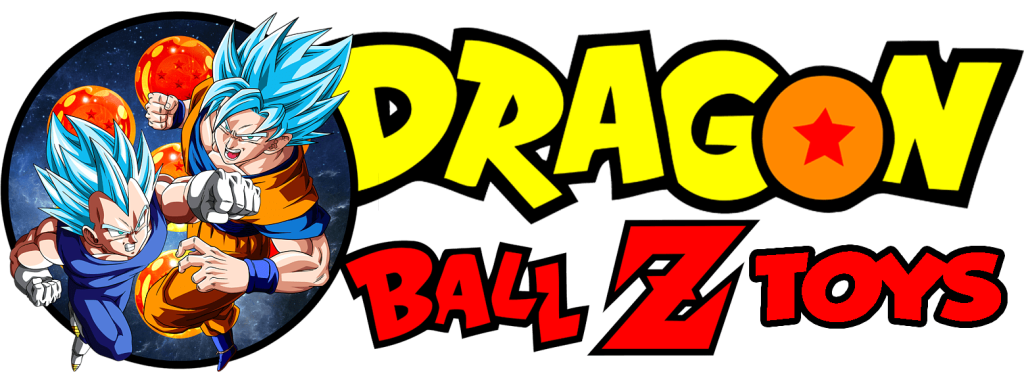Dragon Ball Z stands as an anime behemoth, revered by millions around the globe for its captivating battles, memorable characters, and enduring legacy. However, amidst the fervent fandom, there exists a dissenting voice – those who argue that Dragon Ball Z is overrated. In this comprehensive exploration, we’ll delve deep into the various facets of the series, dissecting its strengths and weaknesses to understand the roots of this polarizing perspective.
The Phenomenon of Overratedness:
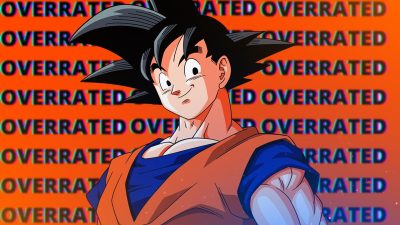
To comprehend why Dragon Ball Z is considered overrated, we must first grasp the concept of overratedness itself. In the realm of entertainment, a work becomes overrated when its acclaim surpasses its actual merit, leading to inflated expectations and exaggerated praise that may not align with its objective quality. With Dragon Ball Z, a series adored by legions of fans worldwide, the question arises: does it truly deserve its lofty status?
Repetitive Plotlines and Formulaic Structure:
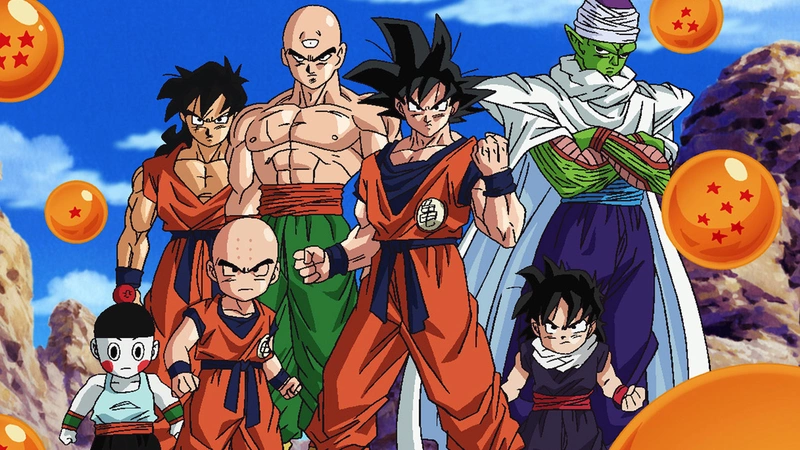
Critics of Dragon Ball Z often point to its repetitive plotlines and formulaic structure as key factors contributing to its overrated reputation. Episodes frequently follow a predictable pattern: a new villain emerges, heroes undergo rigorous training to unlock new powers, and battles ensue, culminating in victory for the protagonists. While this formula has its appeal, it can lead to a sense of monotony and lack of narrative innovation.
Pacing and Prolonged Battles:
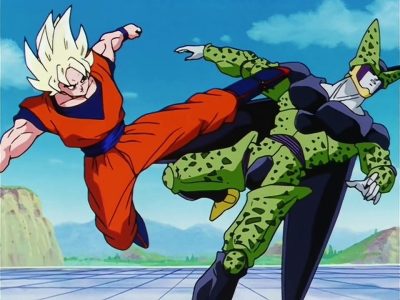
Another common critique revolves around the series’ pacing and the prevalence of prolonged battle sequences. Dragon Ball Z is notorious for its drawn-out fights, with characters spending multiple episodes charging up energy or engaging in repetitive combat maneuvers. While these epic clashes can be thrilling, they also test the patience of viewers and disrupt the flow of the narrative.
Character Development and Depth:
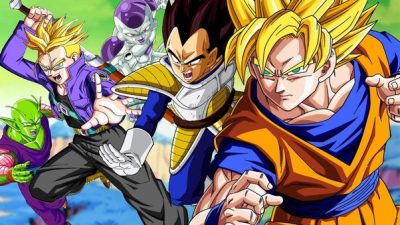
Character development, or the lack thereof, is a frequent point of contention among detractors of Dragon Ball Z. While certain protagonists like Goku and Vegeta undergo significant growth throughout the series, others remain stagnant or are relegated to the sidelines. Critics argue that the series prioritizes spectacle over substance, neglecting opportunities for nuanced character exploration and emotional depth.
Inconsistent Power Scaling and Deus ex Machina:
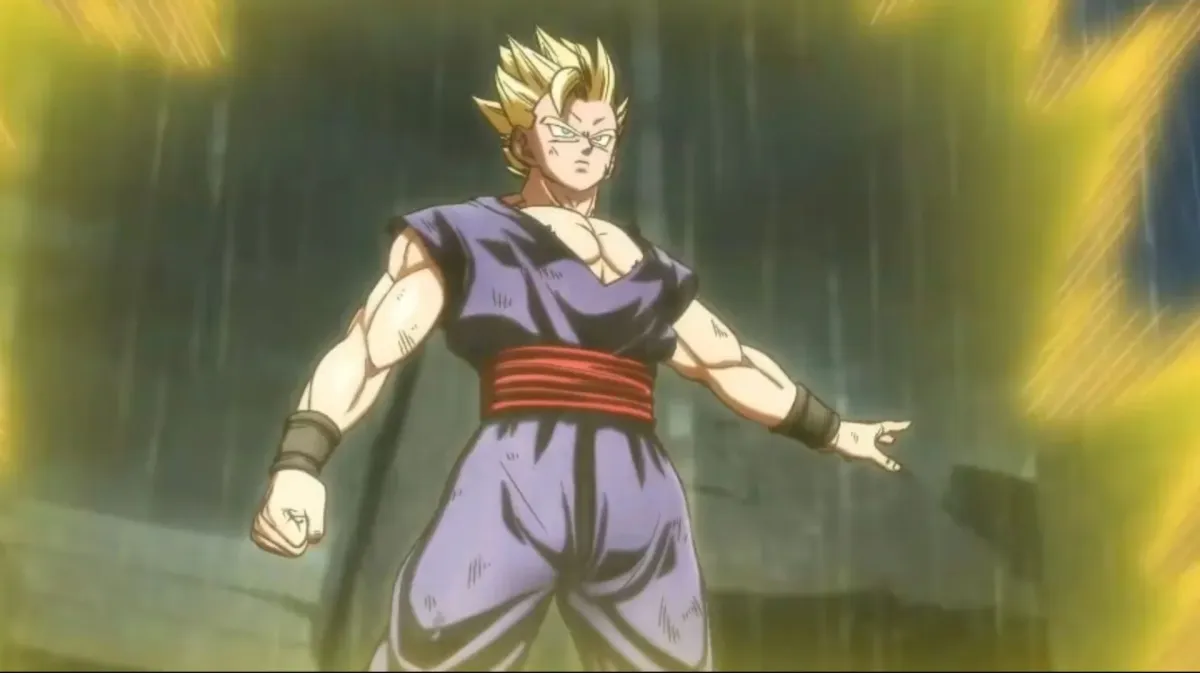
Power scaling, the system by which the strength of characters is measured and compared, is often criticized for its inconsistency in Dragon Ball Z. Characters seemingly gain new abilities or power levels arbitrarily to match the demands of the plot, leading to instances of deus ex machina where conflicts are resolved through convenient power-ups rather than strategic or narrative coherence.
Filler Content and Narrative Padding of Dragon Ball Z:
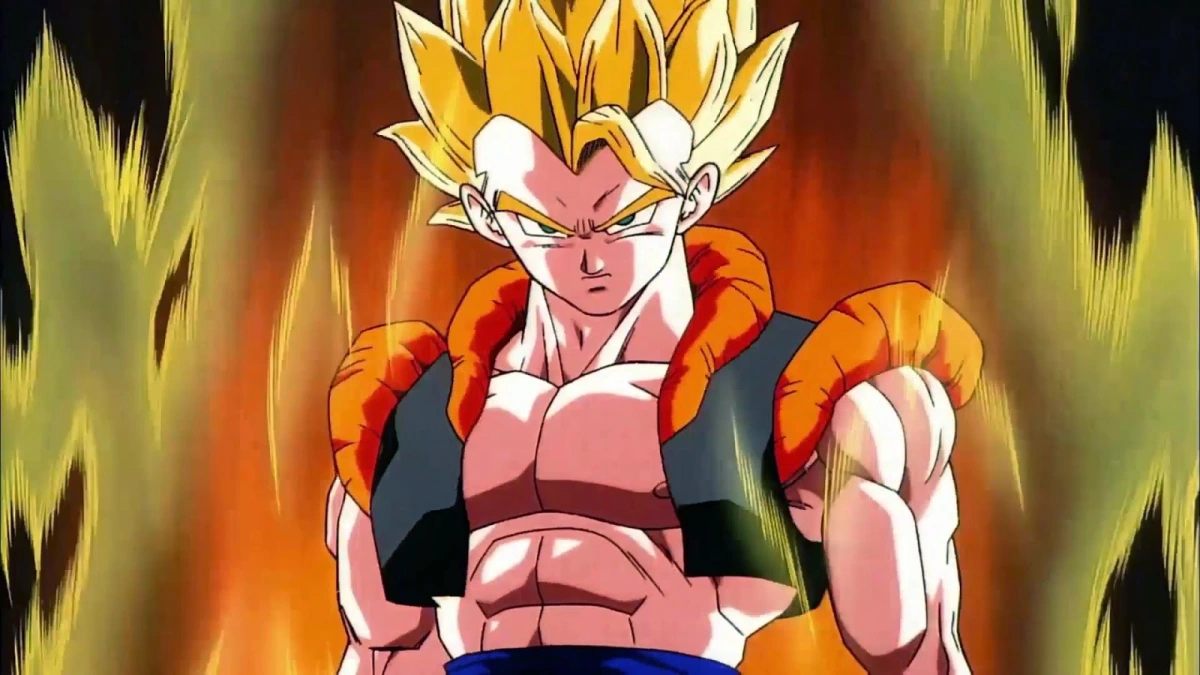
Filler episodes, which deviate from the main storyline to introduce inconsequential subplots or comedic interludes, are a common feature of long-running anime series like Dragon Ball Z. While filler can provide welcome breaks from the main plot and flesh out secondary characters, excessive padding can dilute the impact of the narrative and frustrate viewers eager for progression.
Nostalgia and Cultural Impact:
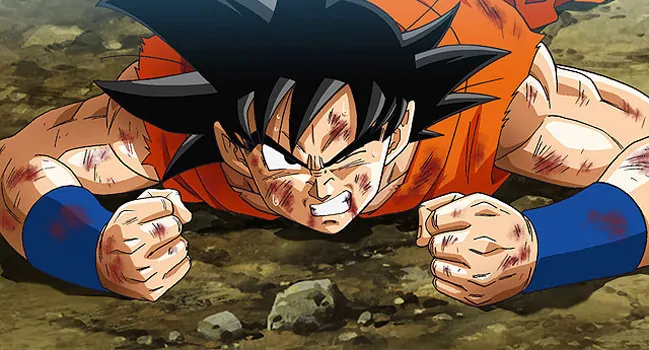
Despite its flaws, Dragon Ball Z holds a special place in the hearts of many fans due to its profound cultural impact and nostalgic resonance. For those who grew up watching the series, it represents a cherished childhood memory and a gateway to the world of anime. Nostalgia, however, can cloud judgment and inflate perceptions of quality, contributing to the perception of overratedness.
Conclusion:
In conclusion, the debate over whether Dragon Ball Z is overrated is a complex and multifaceted one, encompassing a wide range of factors from plot structure to character development to cultural significance. While the series undeniably boasts a legion of devoted fans and has left an indelible mark on popular culture, it is not immune to criticism. By critically examining its strengths and weaknesses, we can gain a deeper appreciation for its impact while acknowledging its flaws. Whether one views Dragon Ball Z as a timeless classic or an overhyped relic of the past ultimately depends on individual perspective and subjective experience. Above is some information you can know about Dragon Ball Z. Click here for more information and our products!
